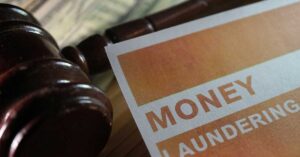How Does Someone Get Bailed Out in Florida?
If a loved one is arrested, getting them out on bail is often a top priority. Understanding how the bail process works in Florida can make the experience less stressful and help you decide the best course of action.
Two Types of Bail
In Florida, there are two primary ways someone can be bailed out: cash bail and using a bondsman.
Cash Bail: With this option, the arrestee or their family pays the entire bail amount in cash or with a certified check directly to the jail. Once the case is resolved, that money is returned, minus any court costs or fines. This option allows you to get your money back at the end of the case, but it requires having access to a large sum upfront.
Bail Bondsman: This is the more common method. If the bail is set at $5,000, for example, you can pay a bail bondsman a non-refundable fee of 10%—in this case, $500. The bondsman posts the full bail amount with the jail. However, the 10% you pay is a premium and will not be refunded. Additionally, the person bailed out will need to check in with the bondsman if they want to travel or if other conditions apply.
What Happens Next?
Once bail is posted, and there are no additional conditions of release, the arrestee is usually released shortly afterward. It’s important to attend all court hearings because missing a court date can result in the bondsman taking the individual back into custody.
Need Help? Contact Us
If you’re unsure whether to use cash bail or a bondsman, schedule a consultation with the Law Office of Michael White or call us at (954) 710-0925. We’ll help you make the best decision for your situation.




